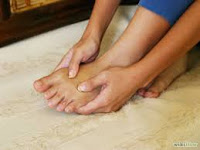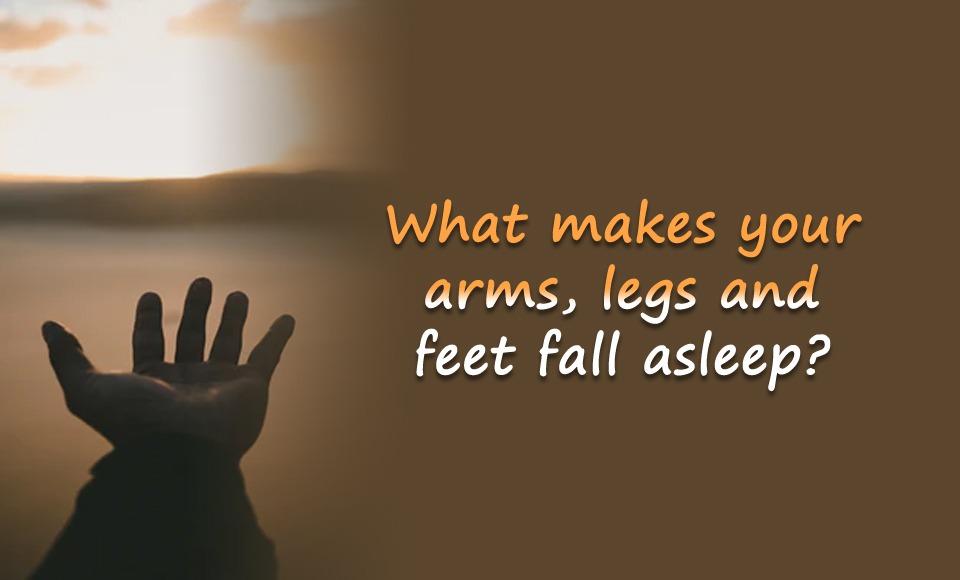
Sometimes you would wake up from sleep in the middle of the night and find yourself unable to move your arms as if they seem to feel like dead weights. Or you may get up from where you are sitting for hours without moving an inch, and suddenly, you feel a strange ad uncomfortable tingling sensation building up in your legs. Almost everybody, including your friends, family members, or loved ones, has encountered this situation more than once in their life, which is an occurrence where they would find some of their body parts to be falling ‘asleep’ after they have placed too much pressure on them after some time.
This phenomenon is known as paresthesia, and it is caused by the compression of specific nerves in the body. The most common situations where this phenomenon occurs are when one sleeps with one’s arm below the head, or sitting cross-legged for a while and letting one leg go under the other. It often feels like a loss of sensation, and it can last a brief period of time. When this situation occurs, you won’t be able to hold anything with your hand steadily, as that specific body part goes numb.
As mentioned earlier, the reason for the occurrence of this phenomenon is because of the compression of nerve pathways in certain organs in the body. When you apply pressure on the part of your body for a number of minutes or an hour, the nerves and veins in the organs found in that part get squeezed. The compression of these small tubes in the body leads to the disruption in blood circulation and the nerve functions as well.
The nerves usually carry signals of sensation or touch to the brain, and the brain then instructs the affected parts of the body to react to the sensation, but the signal would often travel faster than milliseconds that humans won’t even feel the transfer for signals. When you exert too much pressure on a body part, you are effectively blocking signals, and thus, its capabilities for communication. In addition, the small veins that give nutrients to the nerve cells are also compressed under pressure, which causes the cells found in those veins to behave erratically. These problems would ultimately cause the failure of the nerves to send proper signals or sensations of the body to the brain, so the brain wouldn’t be able to give the compressed organs the right instructions. Some cells would also stop communicating and travel through different nerves and veins, while others would sometimes send abnormal signals. As a result of the nerve signal error, you will lose feeling in the corresponding body part, and you will then experience numbing and tingling due to the lack of sensation.
When the pressure is finally lifted, the nerves would slowly start to work properly, and the blood circulation in the veins would also regain its natural function to circulate blood gradually. It would take a few minutes, depending on the compressed body organ, until the natural sensations on your limbs come back, but before this, you will feel as if multiple soft needles are poking you within those body parts for a few seconds. This feeling is caused by the various nerves that take different periods of time to regain the natural flow.
Paresthesia, or the sensation where your limbs are falling asleep, is not really dangerous for the body, unless you put pressure on your limbs for a very long time, specifically for more than ten hours. If the communication of brain and the nerve cells is cut off for a very long period, it may cause serious damage to the cells, and may eventually cost the loss of sensation in the affected body part permanently.
If you are experiencing chronic paresthesia, even if you aren’t applying pressure to the nerves in your body, then you may need to consult your doctor and ask for medication. Most doctors would recommend for you to take anticonvulsants or antiviral medication, but the drugs that you need to consume will depend on the cause of your paresthesia. For the paresthesia that people are experiencing due to suffering from shingles, it may need to be treated by taking antiviral drugs.
